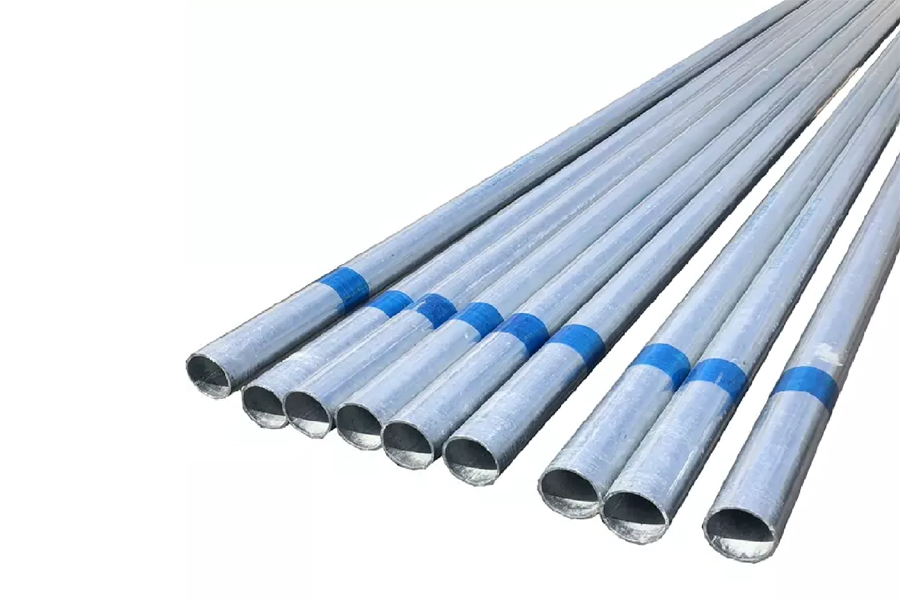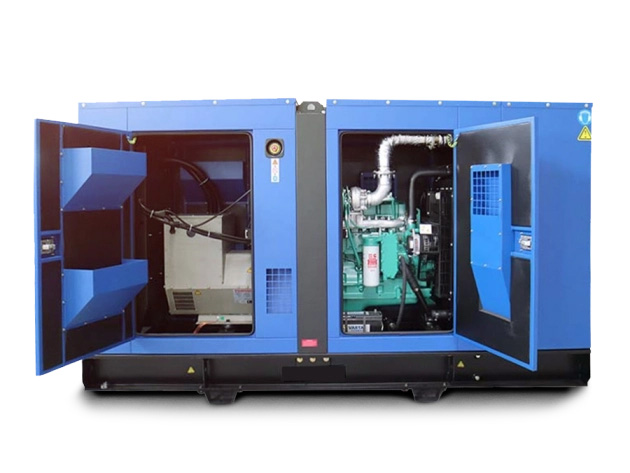Selecting the perfect piping system is a pivotal decision in numerous industries and developmental projects. The intricate journey of transporting substances like water, oil, or gases relies heavily on choosing the right type of pipes, ones that align with your project’s parameters in terms of durability, versatility, compliance, and material appropriateness.
Understanding the full spectrum of available options in pipe materials – from metal to plastic, concrete to composite – ensures optimal performance and minimizes the risks of maintenance/safety issues down the line. Each material offers distinct benefits geared toward specific environments and applications. Let’s dive into how you can select the ideal pipes for your needs from Punjab pipe store.
Consider Your Application
The first step in selecting the right pipe involves understanding what its primary use will be. If you’re dealing with high-pressure conditions, metallic pipes made from steel or copper are commonly preferred due to their strength and resilience. On the other hand, for carrying drinking water, engineers often recommend polyvinyl chloride (PVC) or ductile iron pipes for their resistance to bio-film contamination and ability to maintain water quality.
Assess Environmental Conditions
The environmental conditions surrounding your project play a critical role in pipe selection. For underground pipes, factors such as soil type, potential corrosive properties, and ground movement need consideration. Corrosion-resistant materials such as PVC, high-density polyethylene (HDPE) or even treated metals are crucial for longevity in such settings.
Longevity and Maintenance Requirement
Assessing how long you need the piping system to last without major maintenance interventions involves analyzing materials for durability against wear and tear. Typically, metallic pipes like stainless steel offer considerable longevity albeit at a higher initial cost. Composite materials offer a middle ground with good durability and a slightly lower cost than traditional metals.
Compliance with Industry Standards
It’s vital to ensure that the pipes you choose adhere to industry-specific standards. Whether it’s for plumbing, chemical transportation, or utilities, adherence to standards not only promotes safety but also ensures that your project complies with legal requirements. This factor often dictates whether certain materials can or can’t be used in your project.
Budget Constraints
While budget shouldn’t compromise safety or efficacy, it inevitably influences pipe selection. It’s all about finding the best compromise between quality and cost. Innovative solutions like using PVC or HDPE can provide cost-effective alternatives to more expensive options while still meeting project specifications.
Punjab Pipe Store: A Reliable Solution
When sourcing materials for your project, reliability in quality and breadth of options is invaluable. Punjab Pipe Store stands as a credible ally in this realm. As a significant wholesaler, trader, importer, and exporter of diverse products encompassing pipes, valves, pipe-fittings, water meters, joint sheets, and Teflon tapes – they offer extensive solutions tailored to varied needs and applications. By partnering with industry experts like Punjab Pipe Store, you gain access to premium quality materials and valuable guidance facilitating exacting requirements of diverse engineering projects.
Determining the ideal pipes requires careful evaluation of your project’s facet – from the application, and environmental impact to compliance issues and budgetary constraints. Each of these elements should guide your decisions towards ensuring that the chosen piping not only fits the purpose but does so efficiently over its intended lifespan. Remember that where complexity finds its home in specifics, the expertise offered by seasoned suppliers such as Punjab Pipe Store becomes indispensable in piecing together an effective solution. Wisely chosen pipes will profoundly stabilize the infrastructure of your projects while optimally balancing performance with costs.





